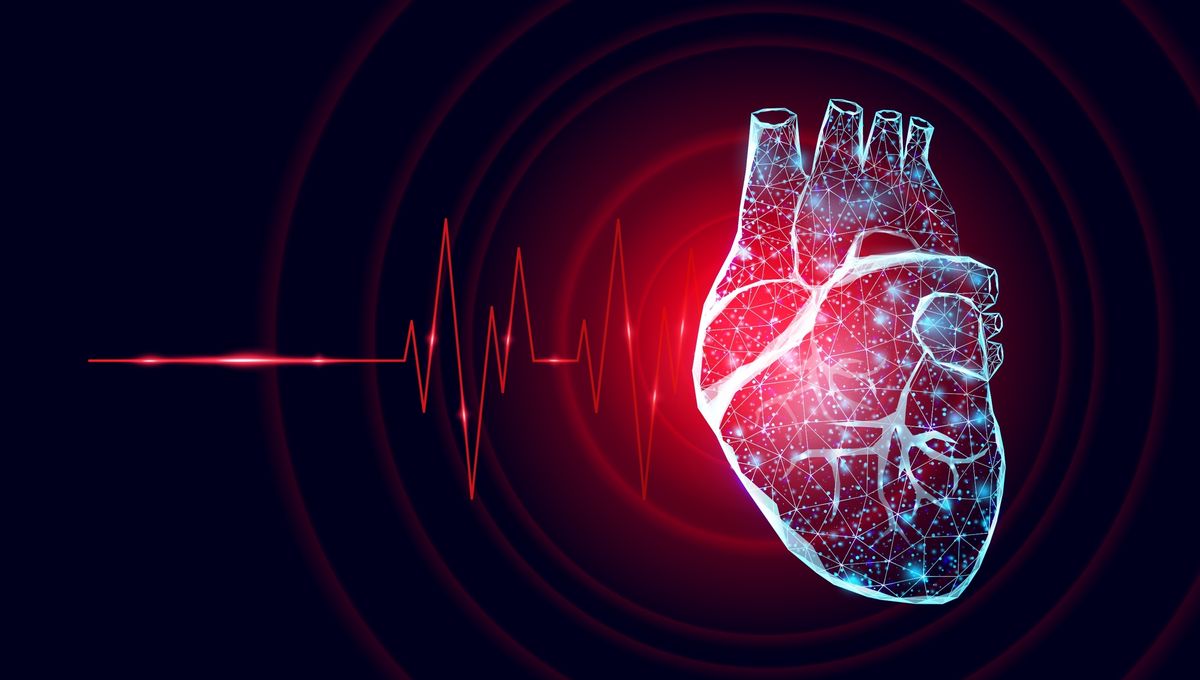
A test that can quickly identify so-called “zombie” cells in potential donor hearts could mean more of these much-needed organs being available for transplantation. Currently, in the UK, hearts from over-65s are not accepted due to the likelihood of a poor outcome for the transplant recipient, but in some cases this cautious approach could be leading to healthy organs being refused.
“Zombie” cells, as the name suggests, are not quite dead, but are also not in tip-top condition. Horror fans will know the risks zombies pose to healthy, un-zombified humans – the usual trope involves them biting or otherwise infecting other people to turn them into fellow ambulatory corpses. So it is with the “zombie” cells: they release harmful molecules that turn neighboring cells into “zombies” too.
On top of this, “zombie” cells increase the risk of heart and circulatory diseases, and cause inflammation and scarring of the heart muscle. People who already have heart disease – and this is more common in older people – are known to have higher levels of these cells.
It’s pretty clear to see why a heart from someone with a lot of “zombie” cells wouldn’t be suitable for transplantation, but not all older people have biologically unhealthy hearts. The problem is that it’s very difficult to tell either way, which is why researchers are hoping to develop a test that would be able to detect a “zombie” cell signature in the blood.
“Our work is revealing more about the clues that ‘zombie’ cells leave to suggest their presence in the body. We are confident that we will be able to use these clues to better understand which hearts from non-eligible donors might be able to be used after all,” said lead researcher Dr Gavin Richardson of Newcastle University, in a statement.
“This could be a game changer – as currently most hearts from older donors are not used for transplant, but the hope is we will be able to show that a number of these organs are suitable for transplant for people desperately waiting for a new heart.”
The study authors took blood samples from 774 individuals over the age of 85, to investigate what proteins and other markers might make up a detectable “zombie” cell signature. They found increased levels of a protein called GDF15 in the blood of those who had heart disease, compared with those who did not. This increase followed a similar pattern to that of another protein already used by clinicians to diagnose heart failure, so the team was confident that they were on the right track.
They then examined the RNA in cells from eight donor hearts, specifically a marker called p21. Again, they found strong links between this and another marker that is already known to be an indicator of heart disease.
The researchers think that both GDF15 and p21 will be important components of the “zombie” cell signature they’re trying to characterize. The next phase of the study involves looking for this signature in blood and tissue samples from previously donated organs, to see if there’s any link with transplant success.
In the UK alone, there are currently around 320 people waiting for a life-saving heart transplant. Research like this could mean that more organs become eligible for use.
“For many reasons, hearts from donors of any age are often not suitable for transplant,” explained Derek Manas, Medical Director for Transplantation at NHS Blood and Transplant. “We are keen to support any research which may help us increase the number of hearts suitable for transplantation, save more lives and improve outcomes for those who are waiting.”
The study was presented at the 2023 British Cardiovascular Society Annual Conference.
Source Link: How “Zombie” Cells Could Be The Answer To Shortage Of Donor Hearts